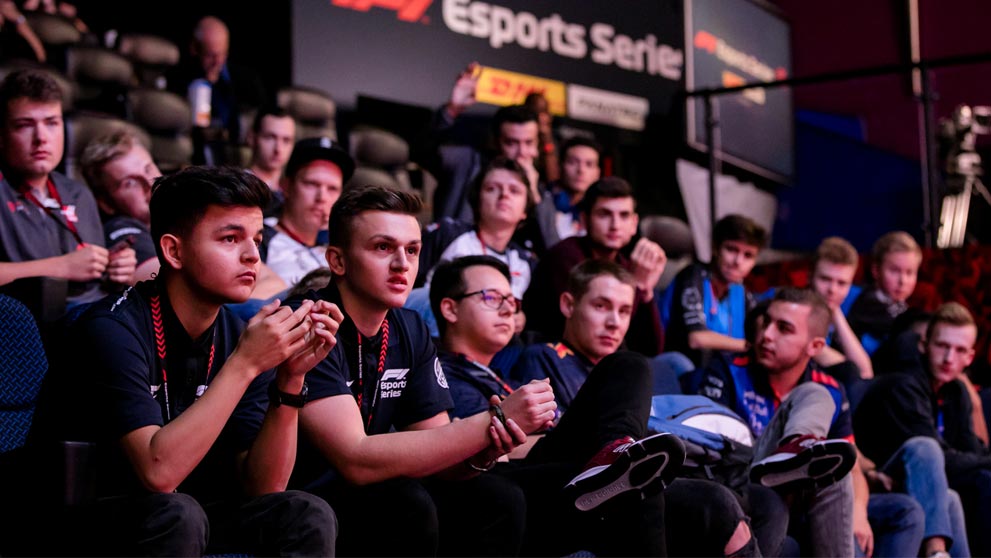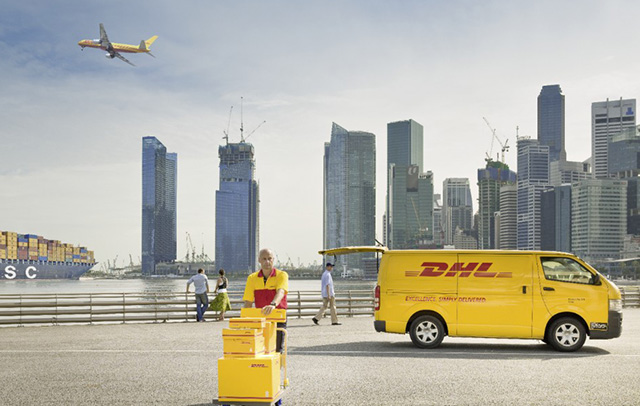Imagine a 15,000 seater arena, packed to the brim with roaring fans. As all eyes are on centre stage, booming chants of “DHL, DHL, DHL” echo the Birmingham Arena and the atmosphere is electric. You would be forgiven for picturing this as the backdrop of an Olympics event or a World Cup football final - yet seated unflinching in the middle of this spectacle are teams of teenagers, mouse and keyboard in hand. This is the 2019 ESL One Birmingham, a $300,000 Dota 2 tournament.
The rise and growth of the esports industry in the past decade has been unprecedented. Now more than ever, technology has advanced to such a point of accessibility that literally anyone with a mobile phone and an internet connection has access to video games. What was once a niche hobby has now become available to the everyman. Yet there are some questions that have yet to be fully answered – what business opportunities does the esports industry hold, and how does esports stack up against the mainstays?
The “E” isn’t just for electronic anymore
Esports, also known as electronic sports, is a form of organised competition using video games. The past decade has seen esports surface as part of the zeitgeist largely due to video game streaming websites such as Twitch.tv, packaging the competitive aspect as more of an entertainment product. Notable recurring themes present in traditional sports also appear in esports tournaments and leagues, whether it’s franchised teams, star players, or even massive contract signings.
A large part of why mainstream media attention has been garnered also has to do with the attention of the Golden Demographic. Statistics have shown that 23.5% of the population, comprising 17 to 28-year-olds, possess a brand new way of consuming content online through interactive video game streaming platforms such as Twitch. These streams are often hosted by esports stars who wow and dazzle with their mechanical prowess while engaging with fans. Coupled with a large amount of disposable income, it’s no wonder why corporations and businesses are willing to invest heavily in esports to get more eyeballs on their products.
While detractors might argue that esports don’t require the same amount of dexterity or physical conditioning as traditional sports, the skills being assessed are exhibited in vastly different ways. Twitch reactions that comprise an eighth of a second, hand-eye coordination, and strategy and tactics play large parts in the competitive environment of esports. At the highest level of competition, teams bring in sports psychologists and a suite of nutritionists and physical trainers to ensure the players are kept in tip-top shape. This is all to be expected considering the high stakes involved in the esports industry, and the stereotypical sedentary nature of online gaming.
Playing for keeps
Earlier in 2021, The Dota 2 International broke the record for the single largest prize pool at any major event - a whopping S$53 million, with the lion’s share going to the victors. The best part of this? The International is held annually, which makes it an extremely lucrative ultimate goal for many Dota 2 professional players. With all eyes on the event, sponsors fight for any piece of visual real estate they can get. Businesses that want to invest in esports use these occasions as a way to pivot non-endemic consumers into their product by marketing to the Golden Demographic.
At DHL Express, we increase the engagement of esports fans by releasing tutorial videos for Dota 2 as part of our online content efforts for ESL One. Tutorial videos offer advice to newer gamers in a bite-size format that is easily understood. EffiBOT also became highly popular after ESL One, as it was a well-liked robot mascot used for creating memes and taking selfies with fans and participants at the tournaments. While the EffiBOT was a great help when it came to transporting equipment for the tournament, it also served an important purpose for players virtually. EffiBOT was also deployed as an in-game life-saver that was entrusted with the task of delivering items like healing salves to players in the field for health regeneration.
Outside of competition, the esports industry functions largely similar to mainstream broadcasting with jobs in production and business development. With the exponential growth of esports in the market, global institutions are also starting to recognise the allure of esports, encouraging their respective educational partners to leverage the industry as a way forward. An example of this is evident in Singapore’s tertiary education institute Republic Polytechnic, which now offers a Specialist Diploma in Esports Business and Production. If you’re one of the early movers who are keen on hopping on this trend and investing in esports, the most strategic option would be to speak to the gamers on the ground and long-standing professionals in the scene to get a bigger picture of how you can add value.
As with any new business, logistics are an integral part of operations. Besides, for esports logistics any damage to important equipment can mean disaster. From sporting equipment to staging and broadcast gear, everything has to be in place for the event to run smoothly. Need help with the shipping of gaming equipment across borders quickly and efficiently for your new esports venture? Find out how DHL Express Singapore can make that possible today.









































